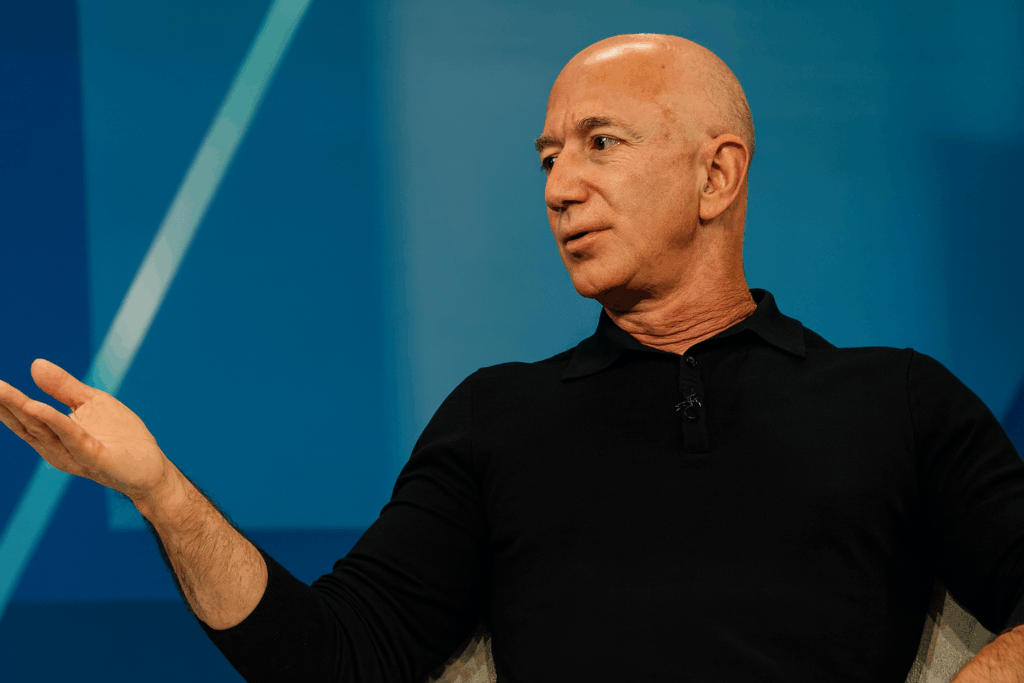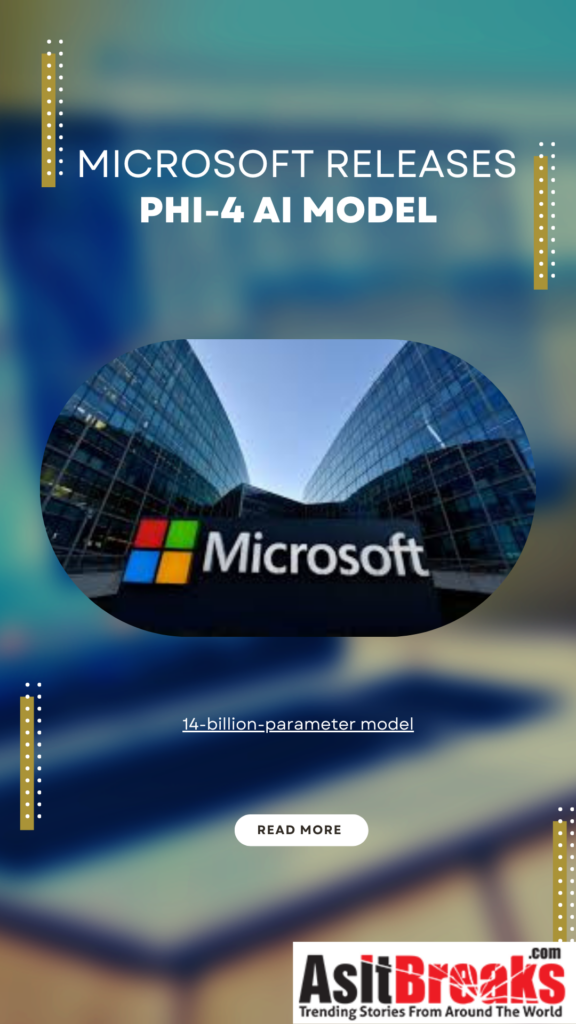Jeff Bezos is returning to a top executive role for the first time since leaving Amazon four years ago, now serving as co-CEO of the new artificial intelligence company, Project Prometheus. With $6.2 billion in funding, the initiative—first reported by The New York Times—signals an ambitious entry into the rapidly expanding AI industry. Prometheus aims to lead the next phase of industrial innovation.
While Bezos has remained active as the owner of Blue Origin and through philanthropy, this marks his return to a formal CEO post. Vik Bajaj, a physicist and chemist recognized for his work at Google’s X Division and as co-founder of Verily, a subsidiary of Alphabet, will co-lead the startup. His background in scientific modeling and computational biology signals a path for Prometheus that blends industrial engineering with advanced machine-learning systems.
Details about Project Prometheus remain tightly under wraps. The company has not disclosed its headquarters, product plans, or a projected launch timeline. However, sources told The Times that the venture will specifically focus on developing AI systems for engineering and manufacturing tasks, aiming to enhance efficiency and innovation in computer systems, automotive systems, and aerospace design. A person familiar with the early roadmap described the company’s work as developing “AI systems that understand the physical world,” an area gaining traction among research labs seeking to pair computational intelligence with real-world industrial processes.
The startup has reportedly grown to a staff of around 100 employees, many of whom were recruited from major AI research hubs, including OpenAI, Google DeepMind, and Meta’s FAIR lab. Such high-profile hiring reflects the escalating competition for elite machine-learning talent, as companies race to commercialize breakthroughs in multimodal models, robotics, simulation, and automated scientific experimentation. Analysts note that Prometheus’s early workforce aligns with Bezos’s pattern of launching companies with deep technical foundations before scaling them into global enterprises.
Bezos’s return to an executive role comes at a moment when the AI industry is both booming and under increasing scrutiny. Major tech companies—including Amazon, Microsoft, and Meta—are investing tens of billions of dollars into new data centers, AI chips, and foundation models. Yet experts are increasingly raising questions about whether this pace of spending is sustainable. Some economists warn that the industry’s rapid expansion bears resemblance to earlier periods of speculative investment, such as the dot-com boom or the biotech bubble of the late 1990s.
Investor Michael Burry, famous for predicting the 2008 housing collapse, is among the skeptics. Recently, Burry took $1 billion in short positions against companies riding the AI wave, such as Palantir and Nvidia. He argues some firms use accounting strategies to “artificially boost earnings,” as reported by Business Insider. His warnings have fueled debate about whether the AI sector is overheating. Burry says many AI-linked companies “have valuations that assume perfection.”
Despite doubts about AI’s profitability, Bezos is betting that Prometheus will position him at the forefront of another technological revolution. He has publicly described AI as transformative and backed risk-taking as a path to new opportunities in sectors like logistics, aerospace, and automation. Prometheus embodies this long-term, innovation-driven mindset.
Industry observers say Prometheus may align closely with Bezos’s existing vision at Blue Origin, where he has emphasized the need for advanced robotics and AI to support future space exploration. Some analysts predict the two ventures could eventually intersect, especially given Prometheus’s reported focus on industrial engineering applications. Project Prometheus enters the AI sector marked by secrecy, competition, and massive investment—this time with Bezos at the helm. Whether it shapes the next generation of industrial AI or simply joins a crowded market, Bezos is betting his next chapter on artificial intelligence.


